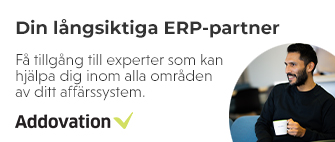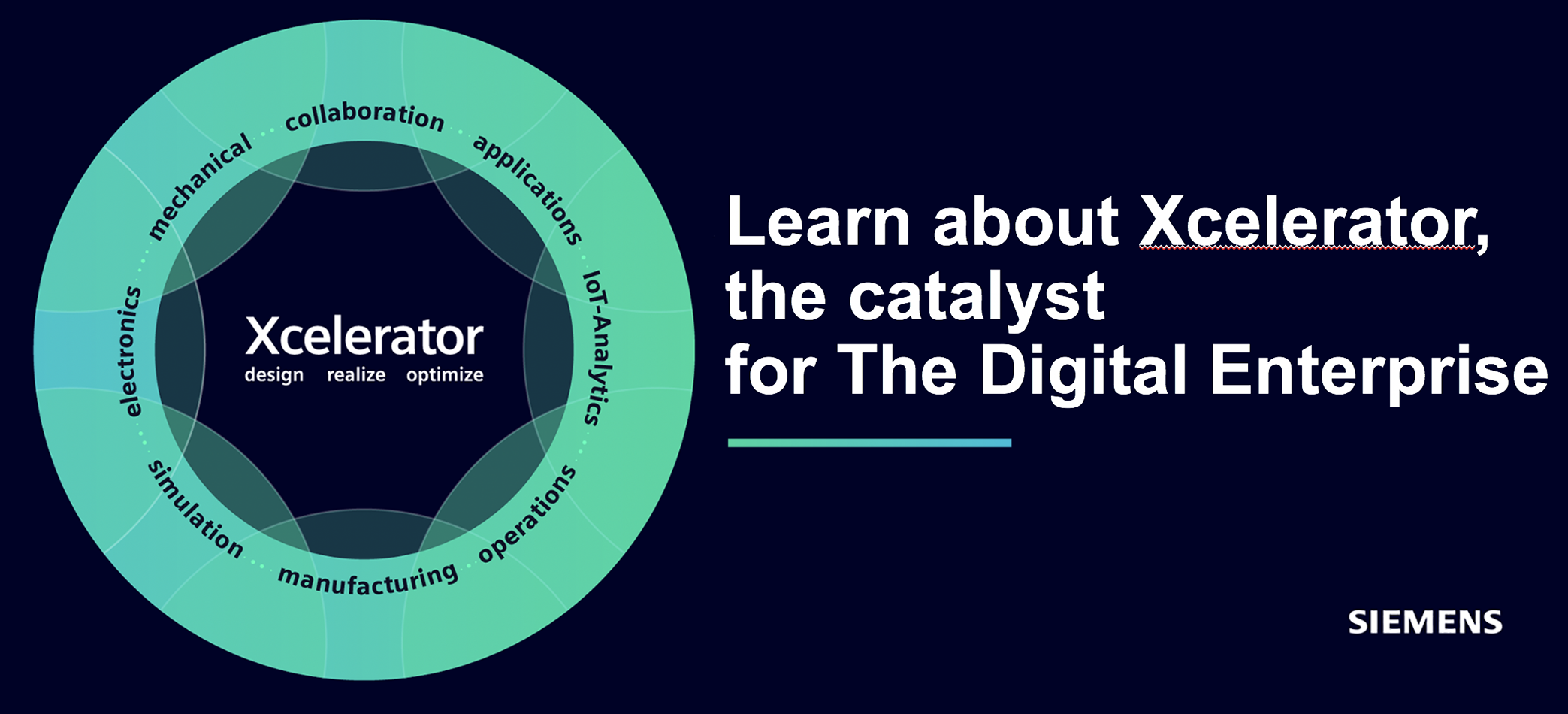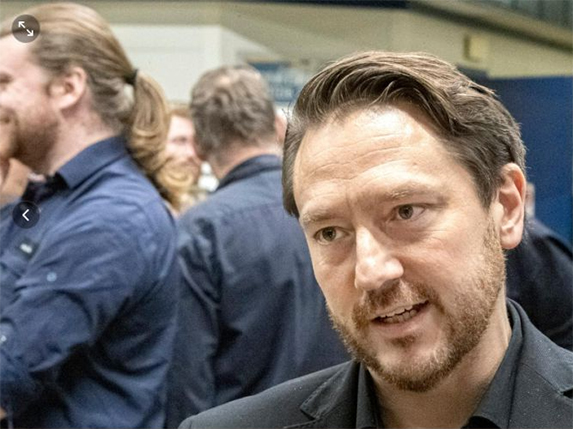Digitization is changing work content and working methods for everyone in the industry. People who work with leadership, development and change work need to build on new knowledge and tools that go hand in hand with the technology transition.
“For us, it is valuable to be able to influence the choice of areas of knowledge and course content. We have a good dialogue with University West. They are responsive to creating course plans where professionals can develop their skills in parallel with the job. This way of working together around education is an excellent example of good collaboration,” says GKN Aerospace’s Christopher Sörensen, referring to the KOLS project.
Proven concept for lifelong learning
The training project is financed by the Swedish Knowledge Foundation (KK Stiftelsen) and is based on a well-proven concept for skill development of professionals in the industry. Since 2012, University West has gradually developed the concept in collaboration with industry. In addition to the courses being short, free of charge and designed for professionals, the system also includes validation of knowledge. This means that those who lack a university qualification can have their formal qualifications and work experience assessed through validation.
“It is about facilitating lifelong learning for professionals by creating flexible forms for skill development at advanced level. The courses have been designed so that the participants can study and work in parallel,” says Kristina Johansson, senior lecturer at University West.
She points out that the universities’ concept is based on work-integrated learning, which is an important part of all education and courses. This means that theoretical and practical knowledge are woven together in different ways and that cooperation with actors in society is prioritized.
“For us, it is natural to collaborate with the business world regarding the development of education at all levels. Business knows best what knowledge and skills are needed. In this project, we have together carried out everything from mapping knowledge needs and operational strategies, to choosing courses and coordinating course content,” says Johansson.
Substantially expanded course offerings underway
At the moment, four courses have been developed – one will be given this spring and three will start this autumn. But the range of courses will be greatly expanded starting with the academic year 2025/26, provided that the Swedish Knowledge Foundation grants funds for a three-year educational project in the same field of knowledge.
“We hope to be able to proceed with step 2, where our plan is to develop a further number of short courses corresponding to a total of 45 credits. The courses will briefly focus on digitalization, lifelong learning and sustainable development,” says Kristina Johansson.






